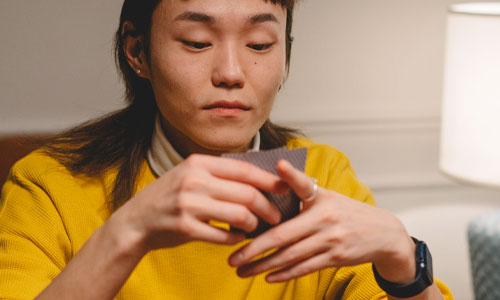Gambling has been existing in the entertainment industry for hundreds of years and provides fun activities for responsible gamblers across the world, no matter what culture or tradition. When looking back in history, there is evidence pointing towards ancestors being active in gambling throughout various cultures, including ancient China, Egypt, Greek, and Roman cultures.
When looking at entertainment, there are various activities to indulge in, but no other entertainment comes as close to the Asian culture as gambling. Many online casinos also incorporate online slot games with themes of far eastern and ancient Chinese symbolism, which can be found by reading this trusted Bitstarz casino review from experts.

Although Asia consists of a variety of cultures, ethnicities, and heritage, they all share a love for gambling and betting. This can be traced back to around 2300bc as the earliest concrete evidence that the Asian culture has been actively betting and gambling in ancient China. In ancient Chinese heritage, wooden tiles were used for betting as well as cave drawings which have been seen depicting ancient Chinese to gamble in groups.
Some historians have been presenting evidence of vintage dices and more to showcase the heritage of gambling in Asian culture. Furthermore, it is said that the first pack of playing cards came from China in the 9th Century. Many historians and experts in Asian culture have provided evidence of rules and the specific games which were played with the cards.

The history of gambling in Asia is most prominent in the Chinese culture but can but traced through various Asian cultures. Although Asian culture has always had a love and passion for the gambling world, gambling has been illegal in China since the Communist Party took over in 1949.
With the rich culture and traditions found throughout Asian history, gambling stands out as an important part of Asian entertainment.

